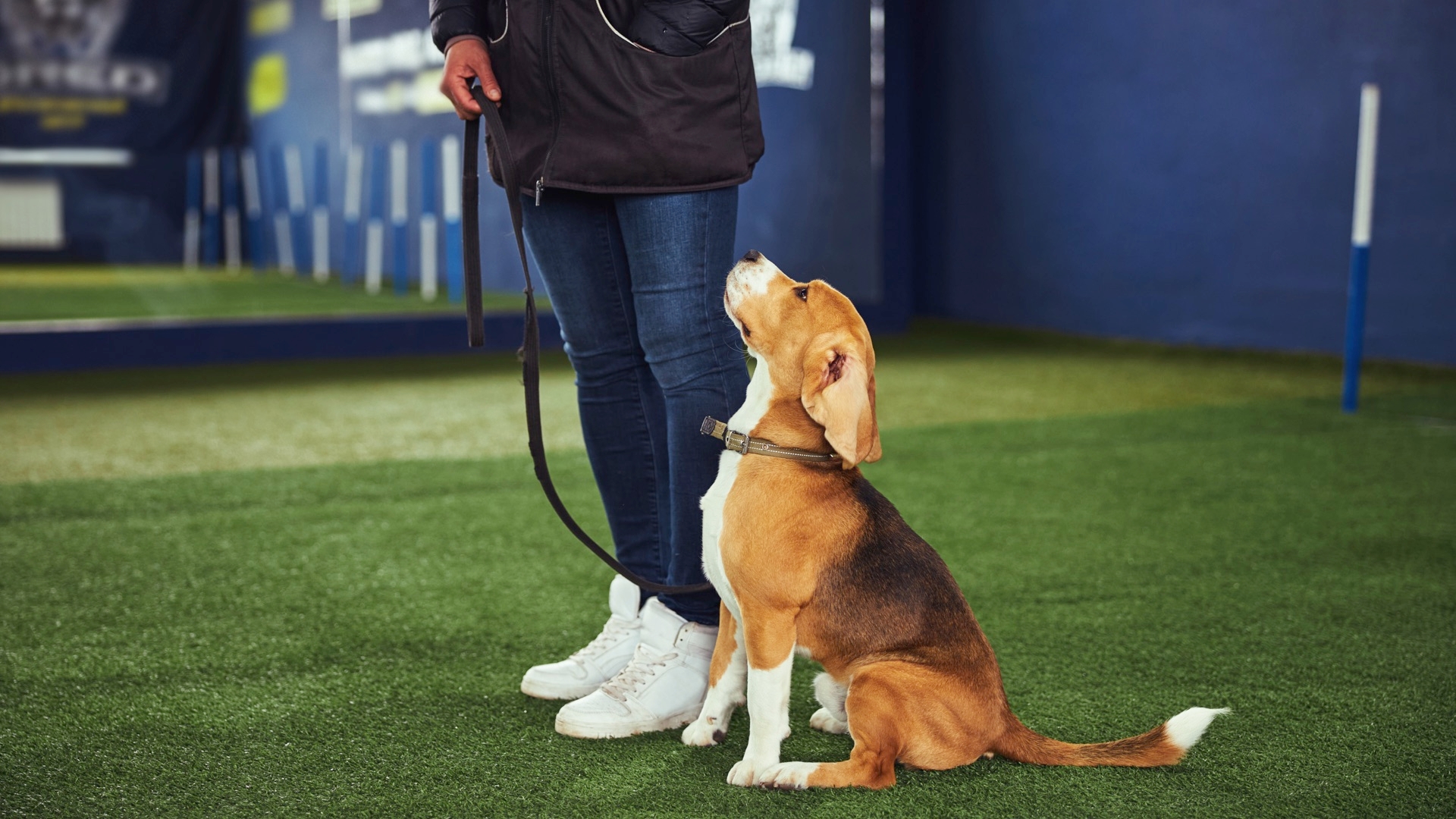Basic Foundational Skills For Dogs:
Summary:
Proper training is essential for a long, happy, and safe relationship with your dog, setting the foundation to ensure your dog stays physically fit, mentally alert, socially engaged, and emotionally happy. Remember, training a dog takes time, understanding, patience, and consistency.
How Dogs Learn
Dogs learn by performing behaviors that result in something pleasant and avoiding behaviors that result in something unpleasant. The more often the dog performs a behavior that results in something enjoyable, the more likely he is to repeat that behavior. The converse is also true: When the dog performs a behavior that has an unpleasant result, he is less likely to repeat that behavior. Simply ignoring or not reinforcing that particular behavior may also extinguish some behaviors.
Basic Foundational Skills
Basic foundational skills are imperative for dogs to learn to navigate their environment. This could be when out in public or in our homes. The concept of dominance is largely irrelevant. This may come as a surprise to many dog owners. The truth is, when working with dogs with a training or behavior issue, the goal of the dog professional is to develop a behavior modification or training plan that will address the problem at hand. This generally does not require understanding a dog's motivation and emotional state but instead focuses on what the dog is doing (behavior) and what we want the dog to "do," helping the dog understand how to perform the desired behaviors and then rewarding him for doing so.
Far too often, dog owners have been advised to "show the dog who's boss" and "be the alpha." The unfortunate side effect of this thinking is that it creates an adversarial relationship between the owner and their dog with the belief that the dog is somehow trying to control the home and the owner's life. Such misinformation damages the owner-dog relationship and may lead to the dog's fear, anxiety, and/or aggressive behaviors. Dogs cannot speak our language, and they can find themselves thrust into situations in our homes that they find difficult to comprehend by owners trying to behave as they mistakenly believe "alpha" wolves do.
It is the human's responsibility to teach our dogs the behaviors that we find appropriate and reward them when they do the things we like. It is also our role to show them which behaviors are not appropriate. This needs to be done constructively, compassionately, and in a fashion that does not lead to further anxiety on the dog's part. Rather than dominance, a lack of clear interspecies communication often leads to behaviors we find troubling.


